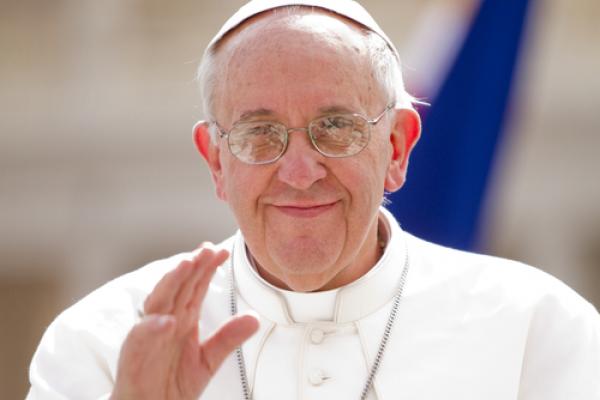Reversals of power play through many stories and poems of Scripture. The sacred texts foundational to Jewish and Christian identity are insistent in their efforts to reconfigure our understanding of what counts as valuable and holy. Daring leaders in every age have responded with their own bold visions regarding what makes for faithful community — something we can see in the unusually humble ministry of the new Bishop of Rome. Pope Francis clearly knows his Scripture!
Featured prominently in Old Testament stories are flawed ancestors, unexpected heroes, surprising protagonists whose vital roles in the purposes of God reframe the community’s perspective on faith lived out in the paradoxes of history. The trickster who overcomes stronger antagonists (Jacob), the leader whose capacity for greatness develops from a compromised start (Moses), marginalized women whose very vulnerability becomes the source of their power (Tamar, Rahab, Ruth), the prophet whose witness is initially scorned but whose authority endures for generations (the Suffering Servant in Isaiah): such figures delight the reader seeking to understand how community should be deconstructed and rebuilt according to the purposes of God. In the New Testament, and particularly in Luke, we see sustained attention to those on the margins of social power: women, the poor, those with catastrophic illness. Christ himself surrenders his status and power (John 13:1-15; Philippians 2:5-11) in order to serve others in love. His abjection invites them, and us, into a new understanding of community.
Read the Full Article

